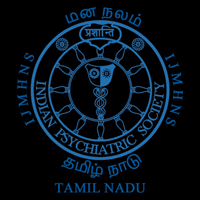Impact of COVID-19 outbreak on mental health of undergraduate and postgraduate medical students.
Abstract
Background: The COVID-19 pandemic, the largest crisis of modern era has subjected medical students and healthcare workers to immense amount of stress due to myriad problems like exposure risk, health concerns and subsequent economic repercussions. Aim: The aim of this study was to estimate the prevalence of depressive symptoms among medical students studying in the sub-continent and in foreign medical universities during the height of the COVID-19 pandemic. Setting and design: This was a cross sectional study.
Materials and methods: A web-based survey was conducted using a specially constructed questionnaire pertaining to COVID-19 pandemic. Depressive symptoms were assessed using DASS-21 questionnaire and sleep quality with Pittsburgh Sleep quality index (PSQI), respectively. Statistical analysis: Chi-square tests was used for proportions. Pearson’s correlation analysis was done to evaluate the correlation between study DASS-21 subscales and PSQI. Multiple logistic regression was done to assess the association between study variables and the likelihood of having depressive symptoms.
Results: Postgraduate medical students and those studying in foreign universities had a significantly higher prevalence of depression than undergraduates and students studying in Indian universities, respectively. These two sub-groups also had poorer sleep quality (P<0.001). A statistically significant correlation (P<0.001) was observed between depressive symptoms and sleep quality. On multiple logistic regression, post-graduate medical students (OR=3.4), lockdown duration (OR=4.3), poorer PSQI(OR=1.2) and female gender (OR=4.1) had significantly higher odds to exhibit depression.
Conclusion: Post-graduate medical students and those studying in foreign medical universities had significantly higher prevalence of depression during the COVID-19 lockdown.

